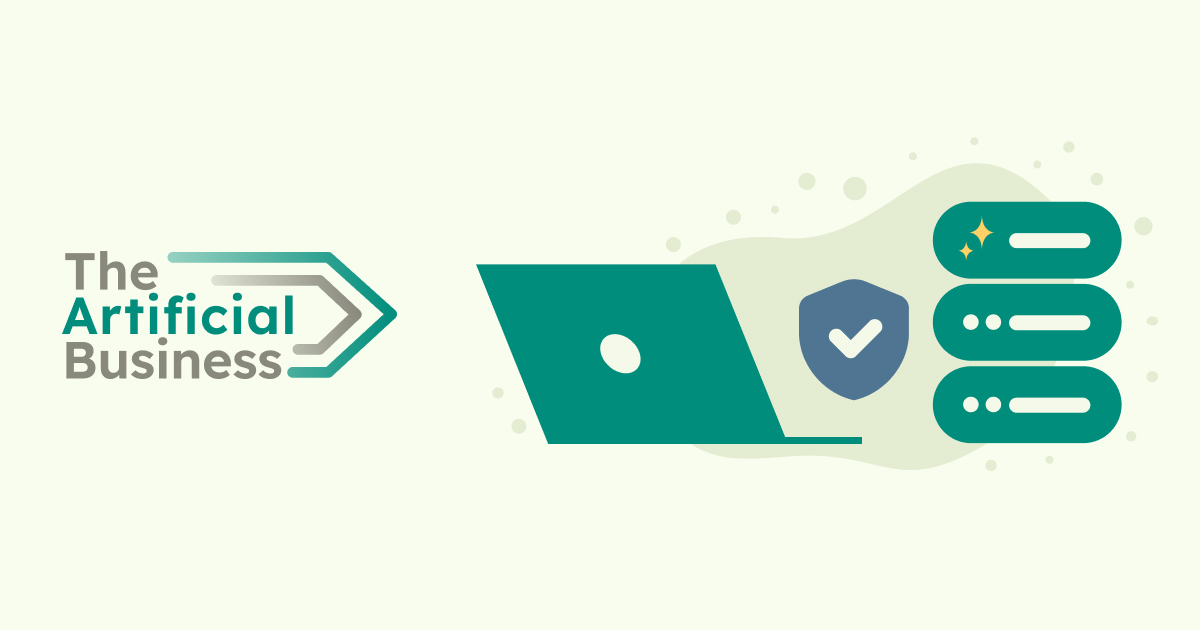Multi-Agent AI Systems: Revolutionizing Business Intelligence and Security | The Artificial Business

Multi-Agent AI Systems: Revolutionizing Business Intelligence and Security
In the rapidly evolving landscape of artificial intelligence, multi-agent systems are emerging as a game-changing technology. As someone who’s witnessed the transformation of AI firsthand, I can attest to the significant impact these systems are having on businesses across various sectors.
Understanding Multi-Agent AI Architecture
Multi-agent AI systems comprise multiple specialized AI agents working collaboratively to solve complex problems. Each agent is designed to excel in a specific task, much like a team of experts in different fields working together on a project.
Key components of these systems include:
- Specialized agents for distinct functions (e.g., data analysis, content generation)
- Robust communication protocols between agents
- Intelligent task distribution mechanisms
- An integration layer to synthesize outputs
The Strategic Advantages
The benefits of multi-agent AI systems extend far beyond mere technological novelty:
Enhanced Problem-Solving Capabilities
By breaking down complex tasks and approaching them from multiple angles, these systems can tackle problems that would be challenging for a single AI agent.
Scalability and Flexibility
Adding or modifying agents allows businesses to adapt to new requirements without overhauling the entire system.
Improved Reliability
The distributed nature of multi-agent systems ensures that if one agent fails, others can compensate, maintaining overall system reliability.
Cost-Effective Upgrades
One of the less discussed but crucial advantages is the ease of upgrades. When a more advanced model becomes available for a specific function, businesses can replace just that agent without disrupting the entire system. This targeted approach to upgrades is both cost-effective and efficient.
Granular Access Control
A key security feature of multi-agent systems is the ability to enable or disable specific agents based on user permissions. This granular control allows organizations to manage access to sensitive information or critical functions, enhancing overall system security and compliance with data protection regulations.
Versatile Agent Capabilities
Multi-agent systems can be incredibly versatile, with agents designed to perform a wide range of tasks:
- Document Analysis: Agents can be built to read and comprehend various document types, extracting key information efficiently.
- API Integration: Specialized agents can interact with external APIs, facilitating seamless data exchange and integration with other systems.
- Database Querying: Agents can be designed to perform complex database queries, retrieving and analyzing data as needed.
- Natural Language Processing: Agents can handle various aspects of language understanding and generation.
This versatility allows businesses to create a comprehensive AI ecosystem tailored to their specific needs.
Real-World Applications
The practical applications of multi-agent AI systems are diverse and impactful:
- Content Creation: Streamlining the process of research, writing, and editing.
- Customer Service: Handling various aspects of customer inquiries simultaneously.
- Data Analysis: Coordinating data cleaning, analysis, and visualization tasks.
- Cybersecurity: Monitoring network traffic, identifying potential threats, and coordinating responses.
Addressing Privacy Concerns
While the capabilities of multi-agent AI systems are impressive, data privacy remains a critical consideration. Cloud-based solutions, despite their power, can pose risks to sensitive information. This is where on-premise solutions, like those offered by The Artificial Business, become crucial.
On-premise multi-agent AI solutions provide:
- Enhanced data control
- Customization to specific security protocols
- GDPR compliance
- More predictable cost management compared to cloud-based alternatives
The Future Landscape
As we look ahead, the potential of multi-agent architectures in AI is substantial. We’re moving towards systems capable of:
- Self-organization and adaptation to new challenges
- More human-like reasoning through collaborative AI processes
- Generating innovative solutions by combining diverse AI specialties
Conclusion
Multi-agent AI systems represent more than just a technological advancement; they signify a paradigm shift in how we approach artificial intelligence in business. By mimicking human collaborative processes and offering granular control over agent access and capabilities, these systems are opening doors to possibilities that were once considered out of reach.
As we embrace this technology, it’s crucial to balance innovation with responsibility, particularly in data handling and privacy. The future of AI is collaborative, intelligent, and, with the right approach, secure.
For businesses looking to stay at the forefront of this AI revolution while maintaining data integrity and security, exploring on-premise multi-agent AI solutions like those offered by The Artificial Business could be a strategic next step.